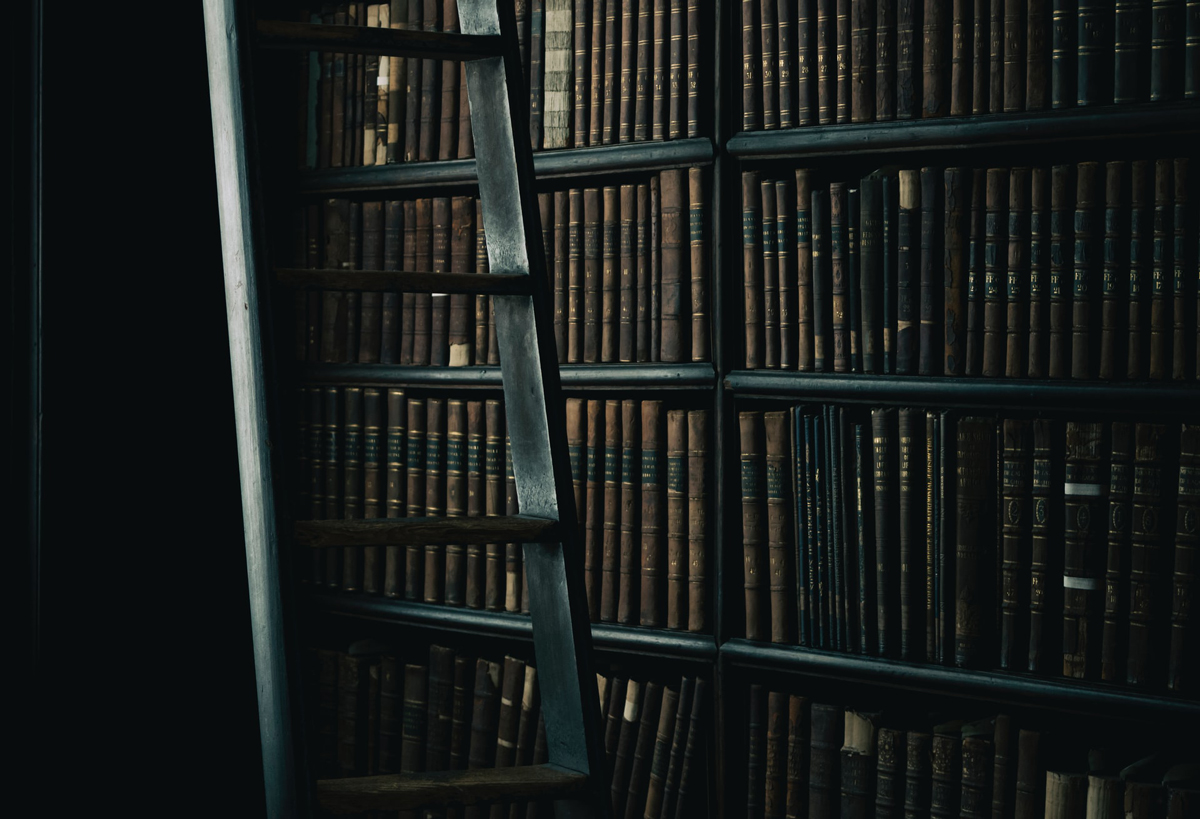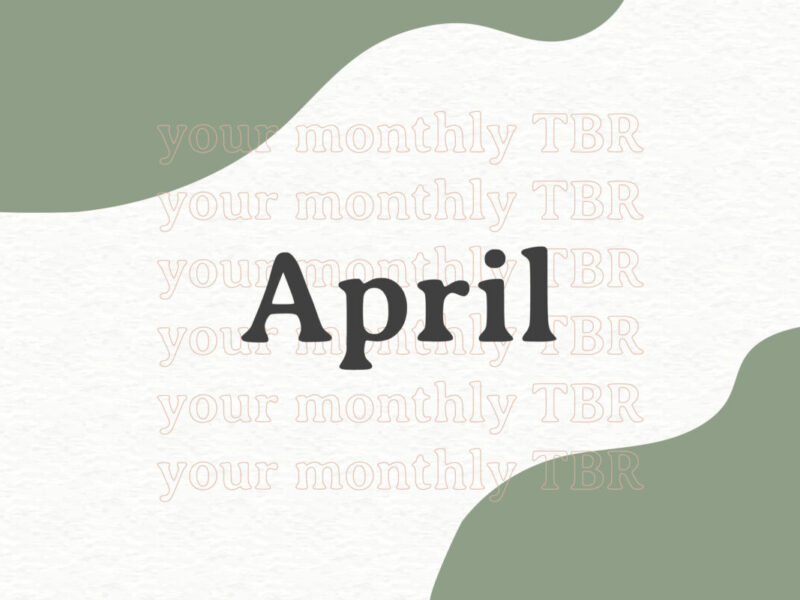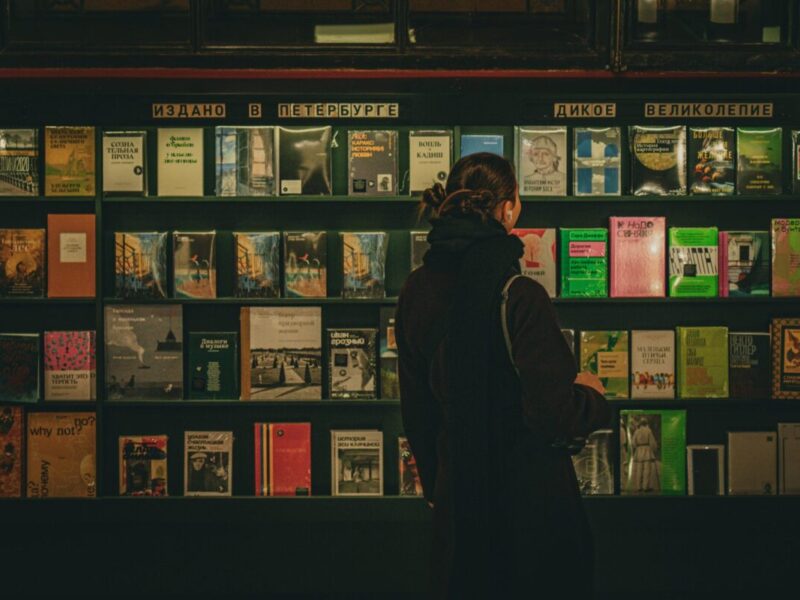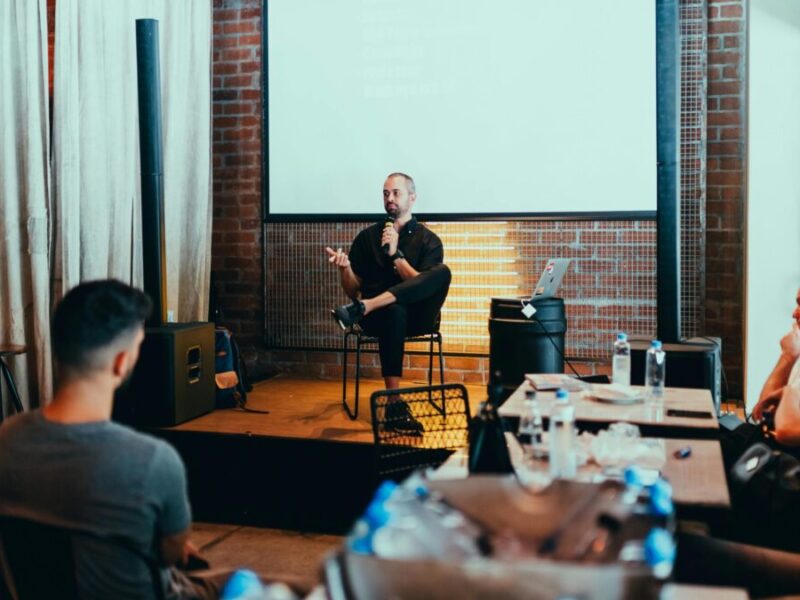5 Influential Poets Whose Work Has Been Banned: An Anti-Censorship Reading List
Book banning, a long-standing topic of debate, has resurged in recent years. Between 2020 and 2021, the American Library Association saw a 67% increase in efforts to ban books in schools. Titles like the Pulitzer-winning Maus—which depicts the horrors of the Holocaust—and Alll Boys Aren’t Blue—a collection of essays reflecting on coming of age as a queer Black man—have been some of the latest to stir controversy.
These prominent examples illustrate how banning books hinders audiences’ ability to connect with important and diverse perspectives. Oftentimes, banned books represent some of the most urgent and vital contemporary issues—including police brutality, rape culture, social inequality, and more. While banned titles in other genres typically receive more attention, poetry has a history of censorship, as well, harkening back to Shakespeare himself. If you’re looking to learn from banned books, start with work from these five poets.
1. Sappho
Book burning goes way back—starting as early as 1073. It’s believed that Pope Gregory VII commanded written records of Sappho’s work be destroyed in libraries throughout Rome and Constantinople, due to its themes of queer love, devotion, and yearning. Sappho, born around 630 B.C. in ancient Greece, is widely regarded as a pioneering lyric poet and was even referred to as “The Poetess” and “The Tenth Muse.” This conversation around her work continues today, centuries later, with a recent anti-LGBT law in Hungary seeking to ban her texts. Get an introduction to Sappho’s enduring work with this translation of her famed “Ode to Aphrodite.”
2. Gwendolyn Brooks
Gwendolyn Brooks stands out as one of the nation’s literary legacies, winning a Pulitzer Prize, a Robert Frost Medal, and a Guggenheim Fellowship. Her poetry boldly depicted the challenges and experiences of under-resourced communities, refusing to shy away from topics like gang violence, drug use, and the school-to-prison pipeline. While these crucial themes have made her poems frequently studied modern-day classics, it also resulted in her work being banned—specifically her best-known poem “We Real Cool.”
3. Allen Ginsburg
“Howl,” an iconic epic poem by Allen Ginsberg, has come to be seen as the defining text of the Beat poets and Beat generation. In it, he illuminates the often overshadowed and stigmatized experiences of those marginalized by society, including queer people, people facing poverty, and people experiencing addiction. The poem also unabashedly pushes back against capitalism, wealth inequality, and rampant consumerism, with many hailing it as a revolutionary text. The New Yorker notes that “Howl” still stands out as the most well-known banned poem, as it faced legal challenges after being called “obscene.” Despite these criticisms, the poem prevailed, with a judge ruling that it contained pivotal social messages and commentary.
4. Shel Silverstein
Shel Silverstein might have been a children’s poet known for his rhymes, quirky illustrations, and the overall whimsy that shines through his work, but that didn’t stop challengers from banning his beloved collections A Light in the Attic and Where the Sidewalk Ends. Silverstein’s work encourages children to exercise both their imaginations and their autonomy—but some parents saw this as an endorsement of disobedience, with his playful, sing-song poem “How Not to Do The Dishes” often cited as an example. Additionally, “Monsters I’ve Met,” which delves into a fantastical, Halloween-like world of vampires, ghosts, and devils, has been labeled as “too scary” and even Satanist.
5. Elizabeth Acevedo
While poetry legacies have received plenty of vitriol and pushback, the problem isn’t exclusive to poets from the past. Elizabeth Acevedo, author of the 2018 National Book Award Winner The Poet X, along with two other YA novels in verse, has been a target of censorship. The Poet X complexly portrays its teenage protagonist’s crisis of faith as she begins to explore her sexuality, find her voice, and define what she believes for herself. Acevedo took inspiration from her own Catholic upbringing, adding to The Poet X’s personal voice and power. Though some parents labeled the book as anti-religion, they lost their lawsuit against a North Carolina school district, and the book went on to earn prizes from the National Library Association and the Lambda Literary Foundation.
Want to take action against book banning? Consider becoming a member of the Freedom to Read Foundation, as well as speaking out on social media or penning a letter to the editor. Running for your local school board can empower you to become a key decision-maker around this issue. And if you’re a student, your input is especially important—if you find out about a book being banned at your school library, raise awareness by reporting the ban to the National Library Association.




